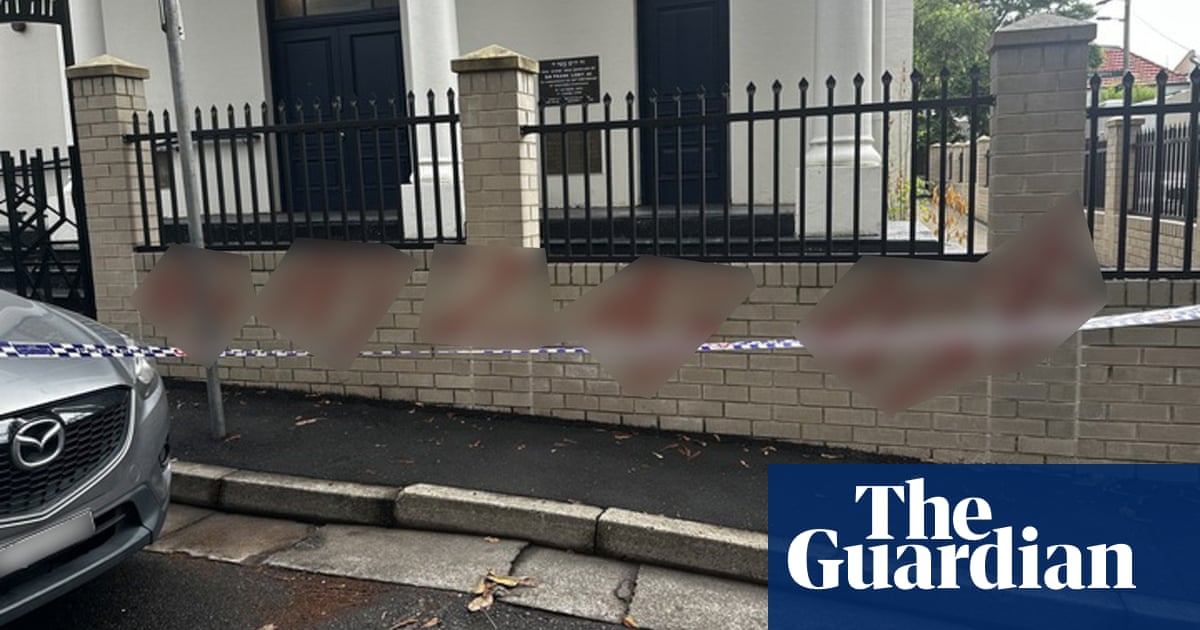Police are “wasting valuable time and money by doing things in 43 different ways”, with huge and urgent changes needed to end a postcode lottery for victims, the leader of Britain’s police chiefs has said.
The stark intervention by Gavin Stephens, the chair of the National Police Chiefs’ Council (NPCC), comes as law enforcement leaders privately discuss radical changes, including a new policing directorate with legal powers to boost the fight against the biggest crime threats in England and Wales.
In an article for the Guardian, Stephens, the “chief of chiefs”, says: “We are wasting valuable time and money by doing things in 43 different ways. Police forces all struggle with the same issues and spend time and money on finding individual solutions. We need to do it once, and well, for all.”
He says it is wrong that different forces deliver different levels of service to victims: “Some forces make excellent use of facial recognition technology, which has helped to catch hundreds of criminals wanted for crimes such as shoplifting and rape. Some forces have invested in tackling violence against women and girls, using video call software to cut the average response time for a victim of domestic abuse from 32 hours to just three minutes.
“As a victim of crime, this disparity means that you face a different level of service from one area of the country to another, and this cannot be right.”
Each of the 43 forces operates independently on everything, from how they fight crime to the equipment they buy.
On Tuesday, Stephens and the home secretary, Yvette Cooper, will use speeches at the NPCC conference to start outlining their visions for change.
Cooper will back a new police body to buy equipment for forces which she hopes will save millions of pounds, produce better equipment and minimise the chance of expensive disasters. It is hoped that body, a directorate with national reach, will then become the central organisation to boost the fight against the main crime threats.
Stephens says the last big set of changes to the police service was in the 1960s: “The requirements of policing have changed entirely, rendering our current policing model unable to respond quickly enough, and we are inhibited from making real progress by the way policing is organised.”
Calling for “a major shake-up”, he says there has been no significant changes since “the pre-internet era, when the handheld calculator was the height of innovation”.
That, he says, was fit for “traditional crime that happened in communities – like burglary and theft”, not modern threats, such as “fraud, riots and terrorism, which are growing in prevalence and complexity”.
Sources said a majority of police chiefs agreed with Stephens that the current system made it near “impossible” to make decisions that were radical enough, with 86 decision-makers – the 43 chiefs and their police and crime commissioners – needing to agree on anything.
In his Guardian article, Stephens says: “We are facing a once in a generation chance to change our police service … ”
If agreed, the central body would lead the fight against violence against women and girls, as well as serious and organised crime, which crosses borders. That would leave local forces to concentrate on neighbourhood crimes.
Stephens says: “If we can tackle these big threats together at a national level, so that every community is protected in the same way, police forces will be able to focus more on local needs to improve performance in areas such as burglary and anti-social behaviour.”
He says he accepts trust and confidence have fallen, in part because of scandals but also because of too many people getting away with too many crimes: “In designing policing for the future, we must work to regain the trust and confidence of our communities, give a voice to those who have not been well served by policing, and learn from the very best global practice.”
The conference will hear about research showing that the public believe policing is failing to deliver the minimum standards of protection.
Researchers from University College London held focus groups and polled 1,500 people.
Ben Bradford, the professor who is the lead author of the report, said: “The results of the survey show that public confidence in policing is currently tenuous, at best. This lack of confidence is strongly linked to a sense that police often fail to achieve what people expect of them.”
It was not just the high-profile scandals sapping confidence, Bradford said: “While recent high-profile events have clearly damaged trust and confidence, at least as important is the everyday policing that people experience in their communities. Many feel police are not present and engaged, do not provide an adequate response to calls for assistance, and are failing to build appropriate relationships with all parts of the community.”

.png) 1 month ago
20
1 month ago
20













































